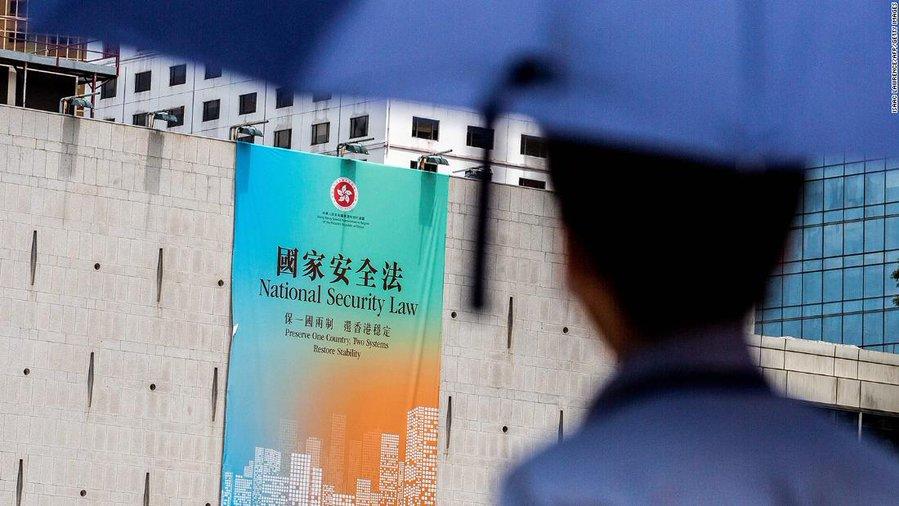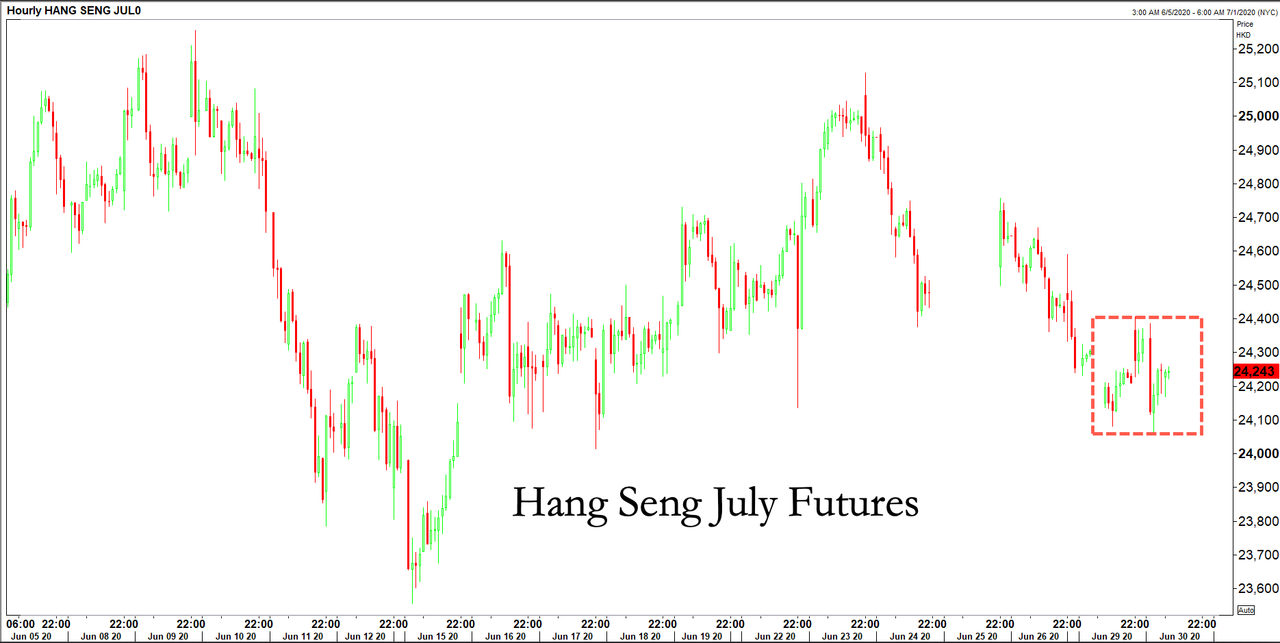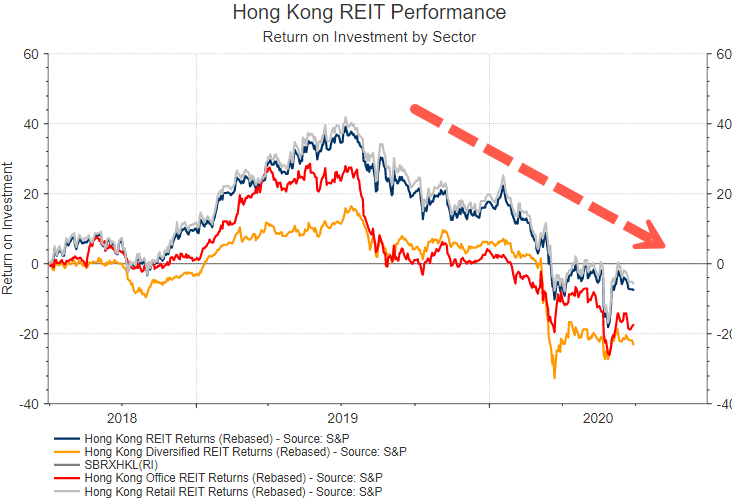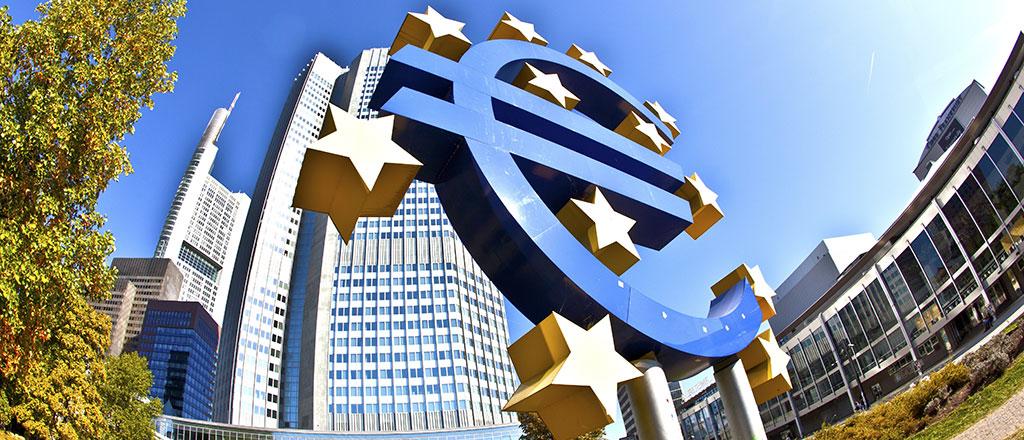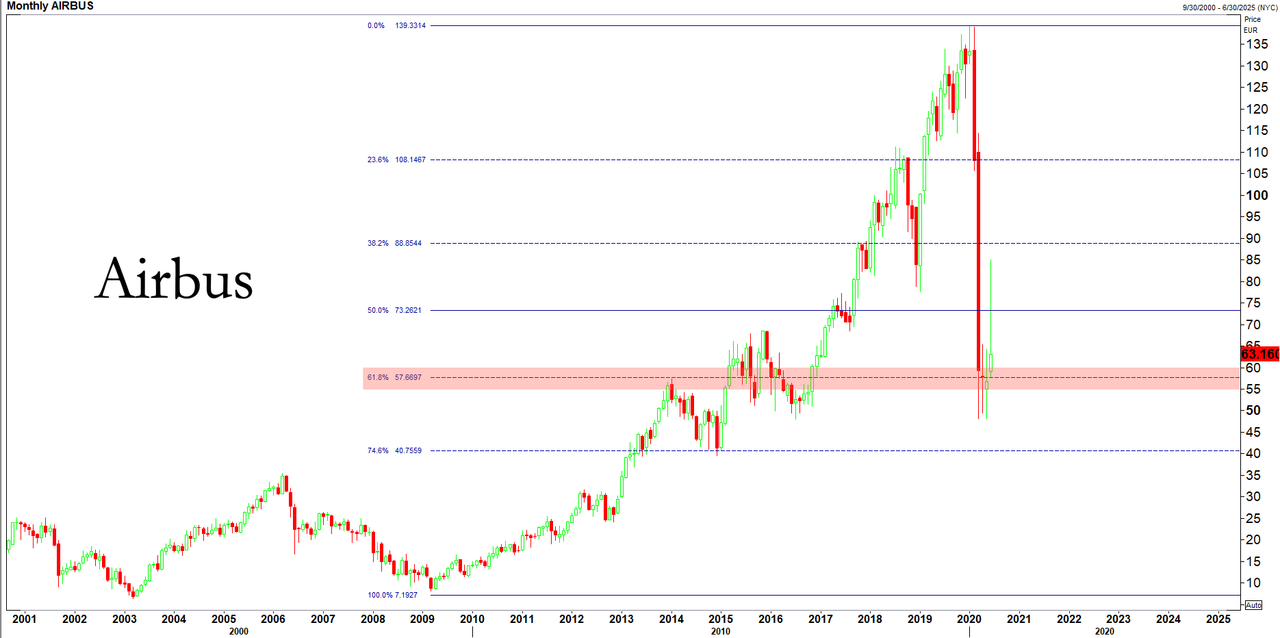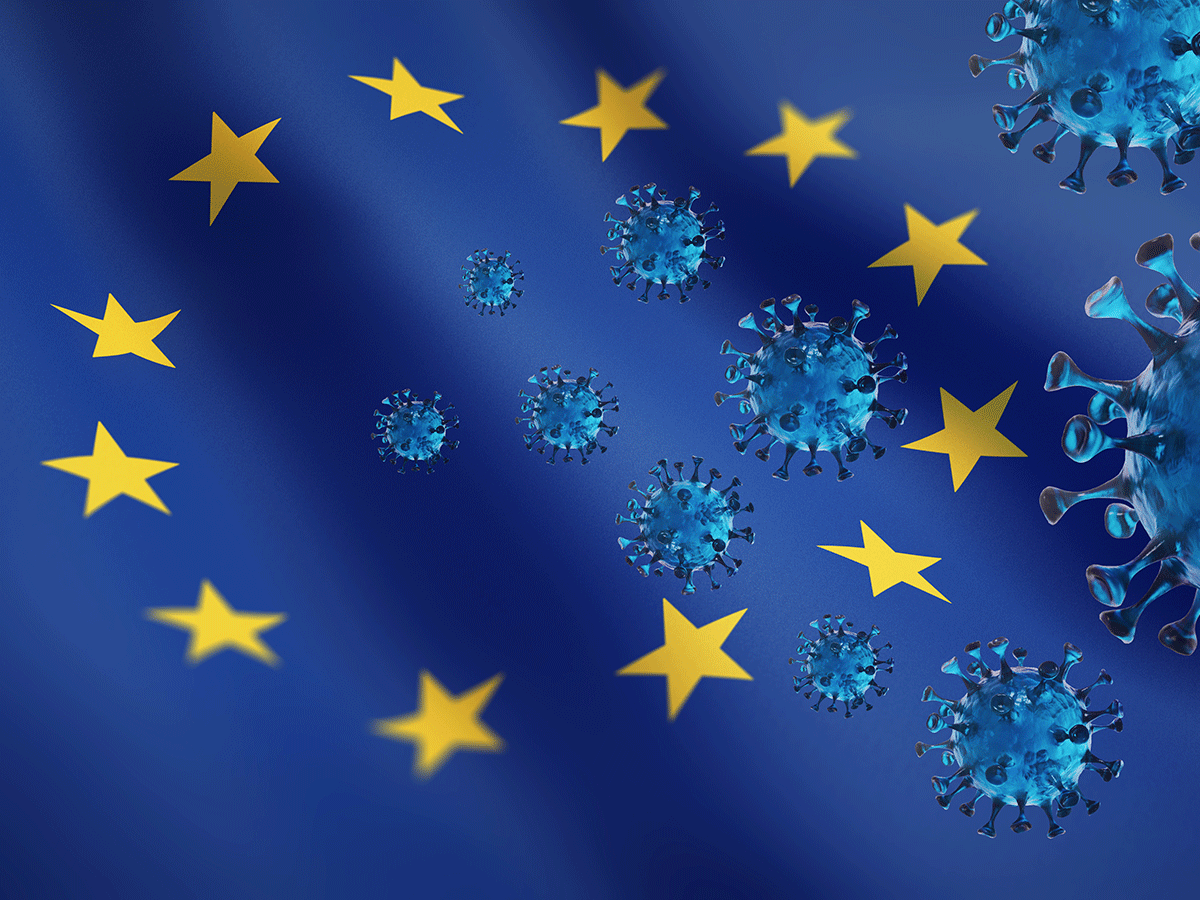Chinese President Xi Signs National Security Law For Hong Kong
Tyler Durden
Tue, 06/30/2020 – 07:26
China’s top legislative body passed, and president Xi signed, a new controversial law for Hong Kong that would allow authorities to crack down on pro-democracy protesters and “foreign forces” who attempt to destabilize the semi-autonomous region, reported Reuters. The National People’s Congress Standing Committee swiftly approved the landmark national security law on Tuesday, signaling Communist Party leader Xi Jinping’s desire to seize more control to squash pro-democracy protests in the city to stop subversion, terrorism, separatism, and collusion with external forces.
The National Security Law for Hong Kong was passed unanimously on Tuesday. Chinese President Xi Jinping signed a presidential decree about the legislation. The law is expected to become effective once it is unveiled. #HK pic.twitter.com/XOJ5G7PsoS
— Global Times (@globaltimesnews) June 30, 2020
The new law could jeopardize civil liberties and Hong Kong’s independent judicial system, which has allowed the financial hub to thrive over the decades economically. President Donald Trump warned he would disband Hong Kong’s preferential trade status – and in response to the passage of the law in the overnight hours – Washington released a headline indicating it will bar the export of weapons and sensitive technology to the city.
The most significant penalty under the new law is life imprisonment – something that will likely deter protesters from organizing on city streets.
[End of Hong Kong, Beginning of Reign of Terror]
1. #Beijing has just passed the sweeping #nationalsecuritylaw. It marks the end of Hong Kong that the world knew before. pic.twitter.com/QouY6Itr1O
— Joshua Wong 黃之鋒 😷 (@joshuawongcf) June 30, 2020
Sure enough, famous HK pro-democracy protester Joshua Wong tweeted: “It [new law] marks the end of Hong Kong that the world knew before.” Conversely, Hong Kong leader Carrie Lam told the United Nations Human Rights Council in Geneva that the international community must “respect our country’s right to safeguard national security.”
AFP’s Xinqi Su tweeted the new law is expected to go into effect later today.
#BREAKING #CarrieLam: The National Security Law will come into effect later today. pic.twitter.com/EeiV3OteDr
— Xinqi Su 蘇昕琪 (@XinqiSu) June 30, 2020
The international condemnation to the passage was swift: British Foreign Minister Dominic Raab said he was “deeply concerned by unconfirmed reports that Beijing has passed the national security law.” Japanese Chief Cabinet Secretary Yoshihide Suga described the passage of the national security law as “regrettable.”
On Monday, a diplomatic tit-for-tat with the US, China announced it would impose visa restrictions on US government officials who “behave egregiously” in connection to Hong Kong affairs. This followed Washington’s decision last week to restrict visas for Chinese government officials who threaten Hong Kong’s autonomy.
Hang Seng futures were unchanged on the session amid the passage of the new law.
“Hong Kong stocks pared an advance Tuesday as investors awaited details of the legislation. Property companies were among the biggest losers on the MSCI Hong Kong Index, which gave up a gain of almost 1% before closing up 0.7%,” Bloomberg noted.
The new security law and tit-for-tat visa restrictions come as tensions between Beijing and Washington are soaring over trade deal purchase commitments, origins of the virus pandemic, and territory disputes in the South China Sea.
via ZeroHedge News https://ift.tt/2VySFLk Tyler Durden
